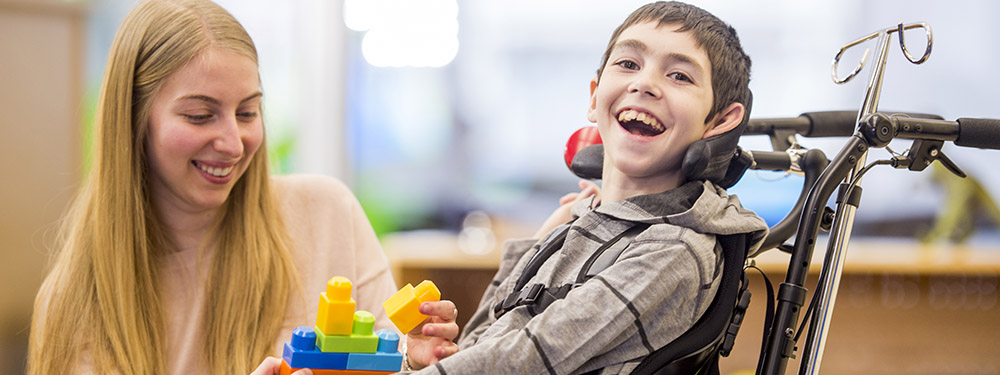
Drumbeat ASD School and ASD Service share what creating a personalised, meaningful curriculum has meant for the engagement, development and happiness of their learners.
As a special school that delivers to children that have a diagnosis of autism between the ages of 4 and 19, our particular challenge 2 years ago was developing a curriculum that would show the progress of our students in all areas of their learning.
We decided as a leadership team to start from scratch and develop a curriculum that was personalised and meaningful. One of the issues we had to address was that not all students were achieving accreditations that were fit for purpose and appropriate for their lives going forward. We put together a statement of purpose as to what we were trying to do through this curriculum.
We recognise that learning is successful engagement. This must take into account an individual learner’s preferred style of learning and their level of motivation and readiness to learn.
The impact of the new curriculum and personalised pathways has been immense. We are able to measure progress for maths, literacy, communication and interaction, creativity, independence, health and wellbeing, my understanding of the world and EHCP targets.
Case studies show that children achieve exceptional outcomes including those that need a sensory curriculum with specialised interventions. The difference is now we can evidence their progress. Students can join the school with limited social and communication skills and within a few terms are able to show accelerated progress. Attention autism, play, the Autism Education Trust (AET) framework and Social Communication, Emotional Regulation and Transactional Support (SCERTS) all contribute to the development of social and self-regulation skills.
Students are now gaining qualifications that matter such as functional skills, ASDAN awards, Duke of Edinburgh and independence skills that will transfer to college and society in general.
The curriculum is a fluid model that will change and adapt with different needs over time. It is now much more fit for purpose and students are successfully engaged with their learning. Three pathways mean that all learning starting points are recognised. These are flexible and students can move between pathways, this was important for parents that they could do this.
Students have participated in Shakespeare in Schools for the second year running (we had a non-verbal Juliet!). They have exhibited artwork at the Saatchi Gallery in London and the Horniman Museum.
My advice is stick with your gut instinct as you know your students best and understand their learning needs. Keep learning personalised and look at how all learning can be measured so you can showboat your school at its best. The wider curriculum and future inspection requirements can cause concerns for special schools particularly with the new deep dives and the coverage that implies. However, if you have looked at the purpose of your curriculum and what it provides you will have a strong case for the areas that you want deep dives in, whether that is creativity, communication or independence.
The result will be a strong, meaningful and relevant curriculum for our vulnerable learners and therefore a happier learner.
Discuss
- Does your curriculum meet the needs of all learners in your school?
- How is learning personalised within your setting?
- How is learning tracked and progress measured?
- Have your views and ideas changed over the past few months and if so, how are you going to implement the changes you have identified?
SSAT Special Schools and SEND Network membership
Join our national network that shares ideas, models good practice, supports professional learning and facilitates the development of creative approaches to improve outcomes for children.
